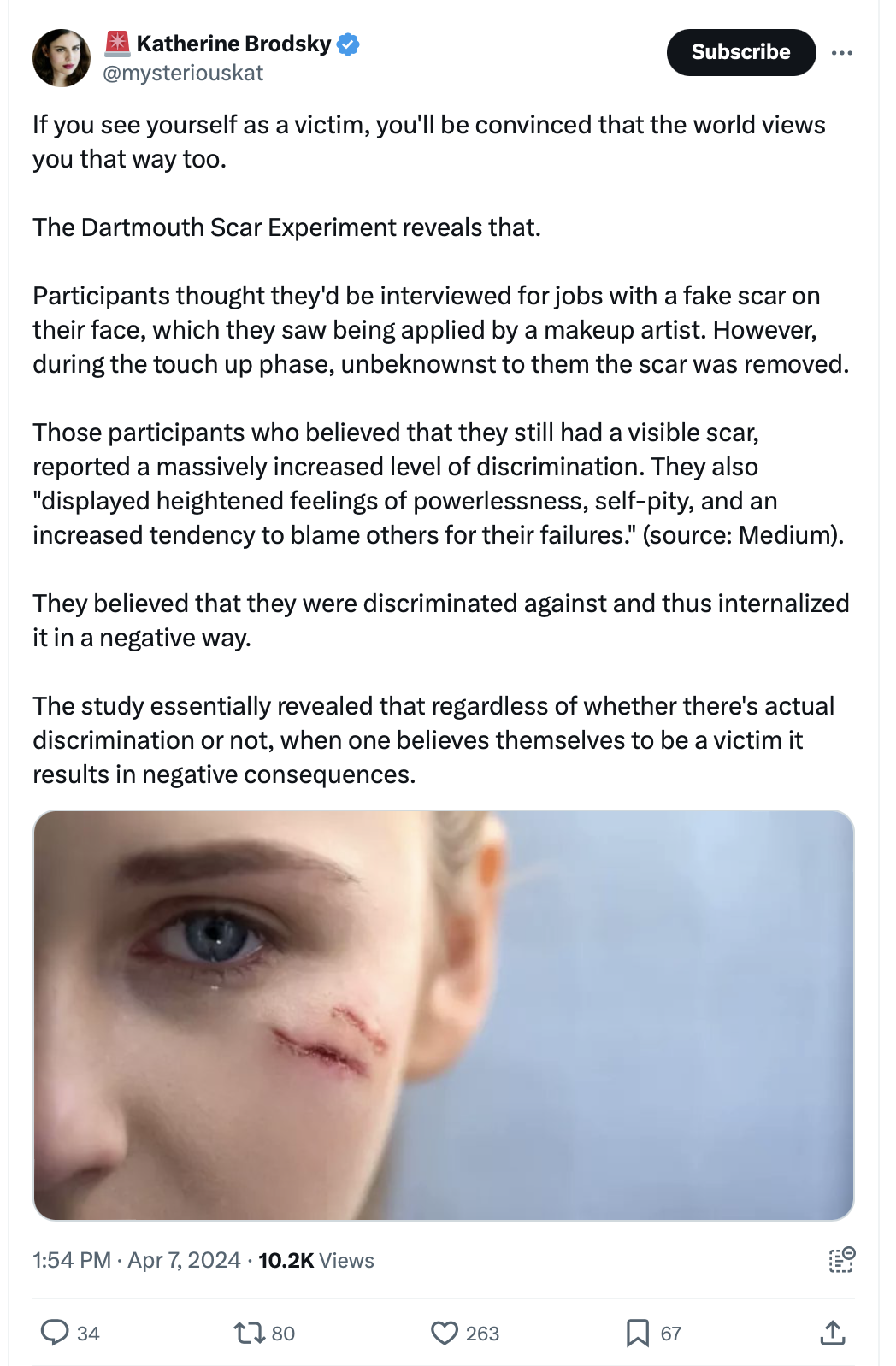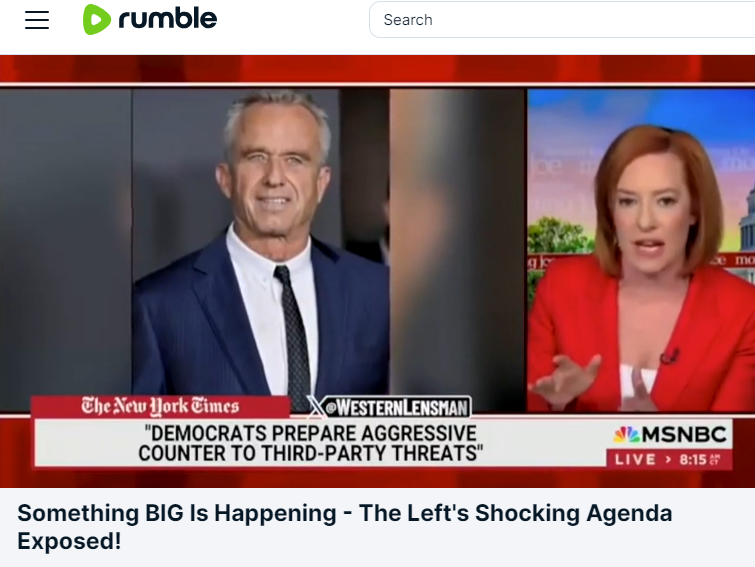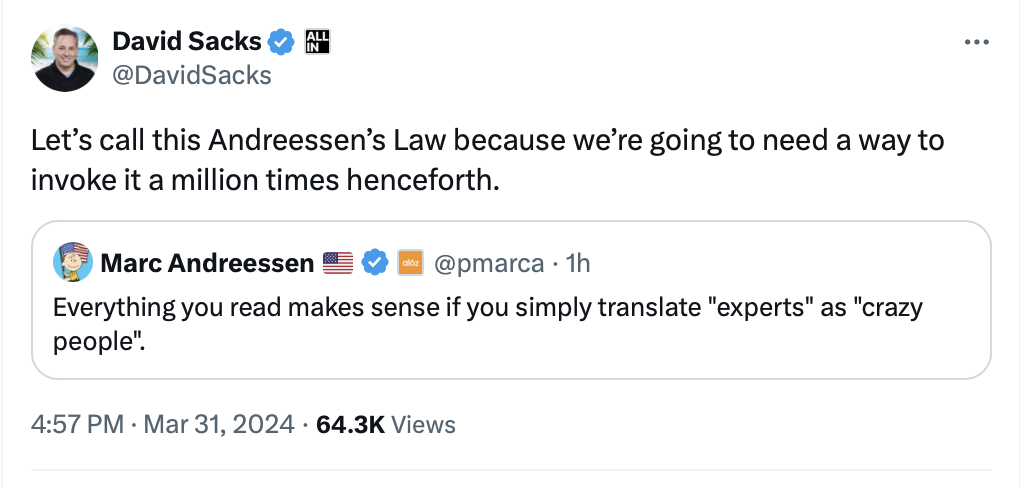Chris Hedges:
I rage against this demonization of the working class because it’s a very dangerous cop-out. The Democrats had this term to essentially enact the kind of New Deal reforms that might’ve been able to save what’s left of our very anemic democracy. And they didn’t. And why didn’t they? Because figures like Biden, Pelosi, and Schumer would not have political power but for their corporate backers. I mean, nobody wants Biden. Nobody wanted Biden in the primaries. It took the Democratic establishment to force everyone else out. The guy’s not even sentient. But they don’t want to lose their positions of privilege and power, and they’re really willing to take the country down because if they pushed for these kinds of reforms, then Goldman Sachs and Raytheon - and let’s not forget the Israeli lobby - wouldn’t fund them. They are creatures of this system, so that’s the problem. They will blame people who don’t rush out and vote for them. The liberal East Coast establishment, the college educated, the quote-unquote “knowledge industry,” they have no contact with these people at all. And that isn’t to excuse some of their opinions. . .
Reagan started it, but Clinton was the Democratic impetus for this, where they talked in that “I feel your pain” language of liberalism but thrust a knife in the back of the working class. So are there irredeemable racists and bigots? Of course there are. But to write off the entire working class like that and essentially blame them for their own, I think, very legitimate rage has been a way for the Democratic Party and the liberal establishment to wash their hands of culpability.
. . . They packed the equipment up and shipped it to Monterey, Mexico. And the plants, they’re just empty lots now, but they’re massive and they’re surrounded by cyclone fencing, weed-choked lots, a kind of painful reminder of the jobs they used to have. What happens in Anderson? Well, it’s completely predictable: opioid crisis, diseases of despair, massive numbers of suicides, and so on.
You can find the full interview of Chris Hedge's (by Matt Taibbi) at
Racket News.





